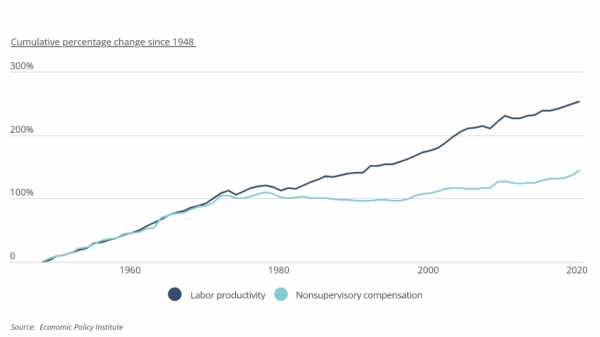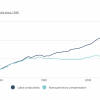When the COVID-19 pandemic hit America in March 2020, courts across the country had to begin transforming within weeks to keep the gears of justice turning.
But Alabama courts were actually ahead of the curve in many ways according to Pike County Circuit Clerk Jamie Scarbrough, who served as the president of the Alabama Circuit Clerks Association when the crisis hit.
“I’m not sure that Alabama could have done anything differently,” Scarbrough said. “We were very ahead of this, our technology was so developed; we don’t have paper files anymore … It wasn’t even in our sight that it would be extremely beneficial in a pandemic — we were just moving ahead technologically. We didn’t even realize — if we didn’t have this we would be a mess right now.”
A recent study by the Pew Charitable Trust found that “civil courts’ adoption of technology was unprecedented in pace and scale” in the early months of the pandemic.
Most notably, there became a mass shift in the use of remote hearings across the country as state supreme courts filed emergency orders to allow for the shift.
“It has allowed communication with parties or witnesses out of town,” Scarbrough said. “For jury trials, if a witness is quarantined in their house, we can actually zoom them in and take testimony from home or office. Before, they just wouldn’t be able to appear as a witness or the trial might even have to be rescheduled.”
The Pew study shows a slow build in states implementing e-filing, with all 50 states finally involved just before the pandemic.
Alabama was one of the first in the nation to introduce electronic filings, Scarbrough said.
But the pandemic further changed processes as there were still many things that could not be done online. For example, it wasn’t until April 2020 that Alabama began accepting notarizations electronically. However, that isn’t accessible for litigants without representation, Scarbrough said, as the attorney has to keep a file of that notarization.
The Pew study found that people without representation were at a disadvantage across the country when it comes to e-filing.
“ … litigants without legal representation, especially those with other accessibility needs, faced significant disadvantages, even when systems were technically open to them,” the report states. “For instance, users without high-speed internet service or computers faced significant hurdles when trying to access courts using the newly available tools.”
One of the biggest changes spurred by the pandemic for Alabama courts was the creation of an online portal to prequalify jurors.
“Before, we would have to qualify jurors in person— get all their contact info, their spouse’s name, emails, everything,” Scarbrough said. “This online portal has really helped with a lot of phone calls, they can request to be excused, they can give hardship reasons, employment reasons … This portal is going to be used from now on. We were just doing anything we could think of to limit exposure to keep justice moving as well as we could.”
Scarbrough said she believes many of these practices will continue in the future, although she said she can’t speak for the judges or whether the Alabama Supreme Court will rescind its order. But the flexibility and accessibility provided by new technologies prompted by the pandemic could be useful for years to come.
“It’s really something good that came out of the pandemic,” Scarbrough said.



















































